Ultima VII: The Black Gate
DOS game, 1992
- Genre:
- RPG
- Year:
- 1992
- Developer:
- Origin Systems
- Publisher:
- Origin Systems
- Perspective:
- Top-down
- Theme:
- Puzzle elements, Fantasy, Real-time
- Releases:
- DOS (1992)
- Also known as:
- Ultima 7, Ultima VII: La Porte Noire, Ultima VII - Die schwarze Pforte, 創世紀7:黑月之門
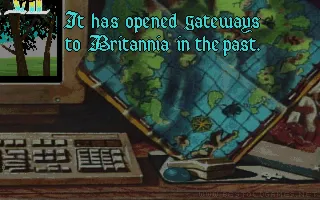
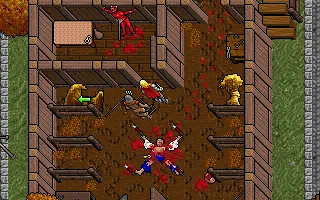
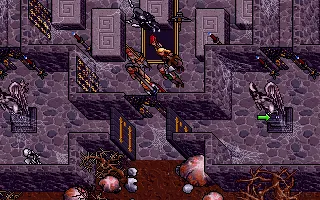
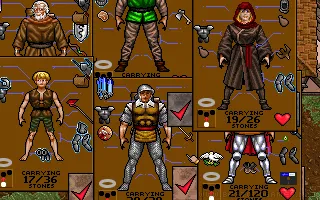
More than 200 years have passed since Avatar's last call to Britain. Now the player, Avatar, is transferred from the comfort of his own home by the Guardian to this world to begin a new age, the age of enlightenment. The seventh part of Ultima begins in the small town of Trinsic, where a blacksmith and his assistant from the Gargoyle race fell victim to a brutal ritual murder. As he exits the portal, he meets an old acquaintance, Iola, and the investigation, along with clarifying the situation, can begin. But the ritual murders are just a small piece in a mosaic interwoven with the newly formed organization The Fellowship, led by the druid Batlin, who recruits new faces and henchmen into the ever-growing organization. …read more
Game review
More than 200 years have passed since Avatar's last call to Britain. Now the player, Avatar, is transferred from the comfort of his own home by the Guardian to this world to begin a new age, the age of enlightenment. The seventh part of Ultima begins in the small town of Trinsic, where a blacksmith and his assistant from the Gargoyle race fell victim to a brutal ritual murder. As he exits the portal, he meets an old acquaintance, Iola, and the investigation, along with clarifying the situation, can begin. But the ritual murders are just a small piece in a mosaic interwoven with the newly formed organization The Fellowship, led by the druid Batlin, who recruits new faces and henchmen into the ever-growing organization.
The story, along with a great deal of freedom, is the main attraction for giving Ultima a chance. Another plus is that the fights make up a relatively small part of the playing time and the game is more focused on dialogues and adventure problems. The dialogues were extremely successful, but at first I was surprised by frequently used obsolete expressions like "thou" instead of "you" and the like, but it's not as pronounced as it might seem. When you get used to these dialogues, interrogating different people (and actually talking animals) in cities or forests is the greatest fun the game provides. The large map is filled with eight cities; farms, dungeons, caves and other locations are not missing and provide plenty of space to explore. For example, for a problem with closed gates that cannot be pulled out or otherwise opened, all you have to do is bring a cannon and gunpowder by hand, or perhaps bring black rock, and then watch the explosion from afar using a stolen magician's cane. The possibilities are endless thanks to the engine used, and the interactivity far exceeds everything seen, from Dark Sun to Arcanum. Here, the creators are far ahead of time, and the world is truly interactive and usable.
Ultima VII introduced the most significant changes to the series. The world is no longer a "chessboard" divided into squares - they are still used, but they are much smaller, so they no longer affect the movement of characters and monsters or the storage of things as much. The maps are multi-layered, so things can be placed on top of each other, or you can climb the stairs to the second floor. For the first time in the series, the mouse is the primary controller and only certain actions can be performed on the keyboard. Also, the world view window itself, which in previous installments only made up half the screen, was enlarged, and instead a system of pop-up windows was introduced.
The game also runs in real time for the first time in the series and only pauses during dialogue or when opening the menu / inventory, which has noticeably changed the combat system. Companions cannot be directly controlled this time and you can only choose the strategy of their behavior (attack the nearest person, defend a designated character, run away, etc.). There is also no need to write keywords during the dialogue - they are now written automatically and you just need to click on them.
For Black Gate, which is the first part of the trilogy "The Guardian Saga", a smaller expansion called Ultima VII: Forge of Virtue was released. The story then continues in the second part of Ultima VII called Ultima VII: Part Two - Serpent Isle. In addition to the PC version, the game was also released for the Super Nintendo console, but the SNES version is significantly different, both in terms of graphics and content.
Comments
There are no comments yet. Be the first to comment!
Discuss this game in our forum.
User reviews
There are no reviews yet, be the first to review this game!































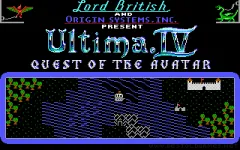
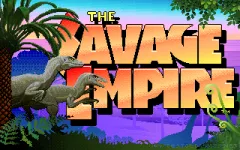
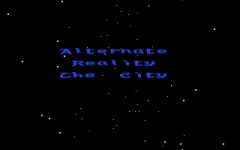

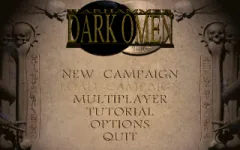
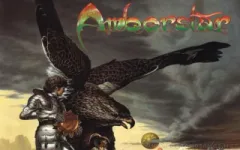
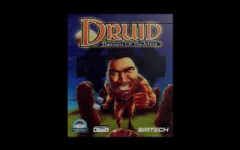
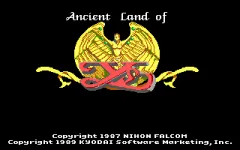
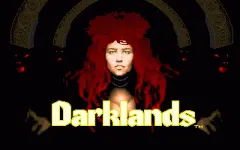
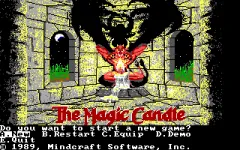

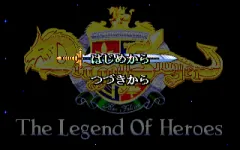
 Buy me a coffee
Buy me a coffee